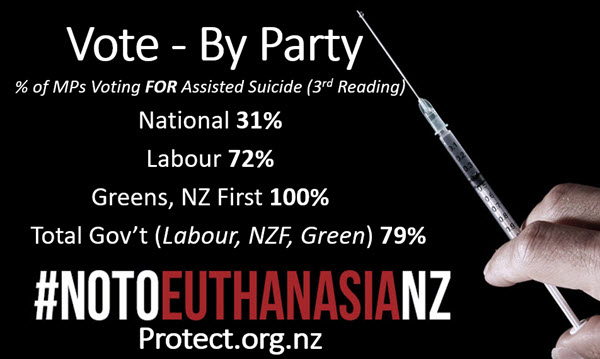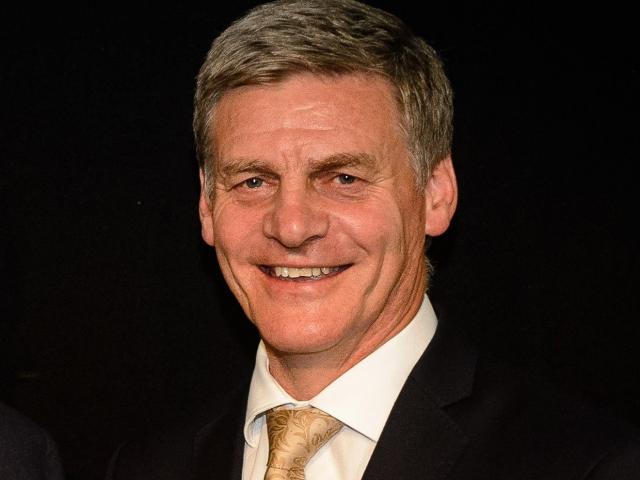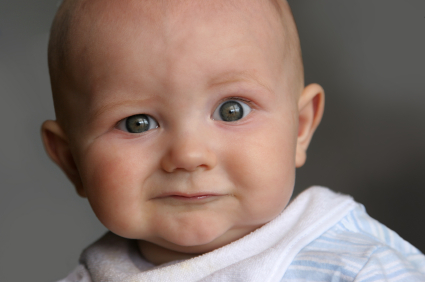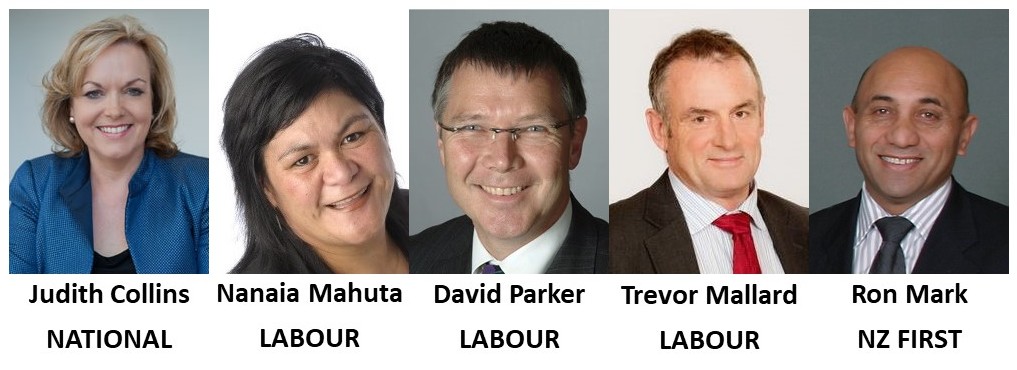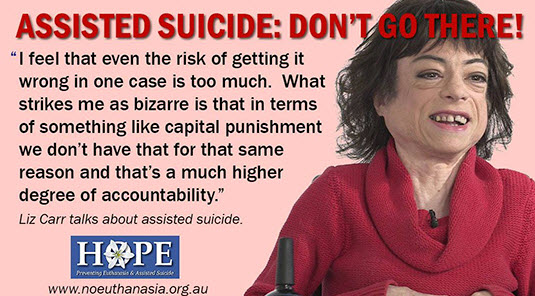
The Guardian 14 November 2019
Family First Comment: Well said, Wendi
“The bill cannot and does not make firm distinctions between personal illness and disability or between terminal illness and chronic conditions, or between terminal illness and depression or other mental illness. It relies on prognosis and diagnosis, which are imprecise arts. It doesn’t protect against coercion, competency or consent abuses. It doesn’t allow for a cooling-down period like Oregon or Victoria have. Safeguards are vague and lax. Worse still, there’s a sense that a certain level of wrongful death is acceptable.”
#protect
Disabled people need to feel safe and this legislation leaves grey areas between terminal illness and chronic conditions
On Wednesday night, New Zealand MPs voted to adopt the end of life choice bill despite any number of warnings that it is a dangerous piece of work. It is risky to disabled people and unsafe to all.
In 2016, Canada passed euthanasia legislation and a consortium of appalled disabled Canadians fought a desperate rearguard action to bring in a vulnerable person’s standard (VPS). We’d not need that sort of thing, I thought. Clearly I was complacent. Disabled Australians, Canadians and Americans are appalled at euthanasia bills while British, Irish and Scots are incandescent.
I feel betrayed by Parliament’s vote. Do we need something like a VPS here, for disabled New Zealanders I wonder?
Now all that stands between us and this bill is a referendum scheduled to coincide with our next general election, in 2020. Then there may be no way for the community of disabled people like me (25% of New Zealand’s population), to feel safe from wrongful death.
The law creates a risk to individuals in our community of disabled people and to our community as a whole. How can any MP be able to agree to a measure that endangers a whole community that they are not a member of? Our legislative safeguards have stepped into the shadows and too many MPs think that’s an acceptable trade-off. A friendly QC commented on my vulnerability to the law thus: “You’re toast.” Me and how many other disabled people?
Our concerns about the bill are many. They include that the bill cannot and does not make firm distinctions between personal illness and disability or between terminal illness and chronic conditions, or between terminal illness and depression or other mental illness. It relies on prognosis and diagnosis, which are imprecise arts. It doesn’t protect against coercion, competency or consent abuses.
It doesn’t allow for a cooling-down period like Oregon or Victoria have. Safeguards are vague and lax. Worse still, there’s a sense that a certain level of wrongful death is acceptable.
READ MORE: https://www.theguardian.com/society/2019/nov/14/new-zealands-euthanasia-bill-is-a-step-into-the-unknown-for-disabled-people

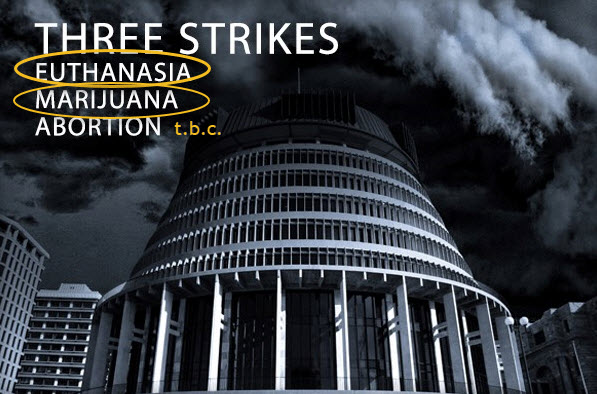
 The 3rd and final reading of the assisted suicide / euthanasia bill happened last night. The only way the liberals were able to get the bill ‘across the line’ was to offer a referendum – a tool that normally they want nothing to do with (remember the anti-smacking 87% referendum?). That’s how weak this bill is.
The 3rd and final reading of the assisted suicide / euthanasia bill happened last night. The only way the liberals were able to get the bill ‘across the line’ was to offer a referendum – a tool that normally they want nothing to do with (remember the anti-smacking 87% referendum?). That’s how weak this bill is. Kanwaljit Singh Bakshi, Maggie Barry, Andrew Bayly, David Bennett, Dan Bidois, Simon Bridges, Simeon Brown, Gerry Brownlee, David Carter, Jacqui Dean, Sarah Dowie, Paulo Garcia, Paul Goldsmith, Nathan Guy, Jo Hayes, Harete Hipango, Denise Lee, Melissa Lee, Agnes Loheni, Tim Macindoe, Todd McClay, Ian McKelvie, Todd Muller, Alfred Ngaro, Simon O’Connor, Parmjeet Parmar, Chris Penk, Maureen Pugh, Shane Reti, Alastair Scott, Nick Smith, Anne Tolley, Louise Upston, Nicky Wagner, Hamish Walker, Michael Woodhouse, Jonathan Young, Lawrence Yule (38)
Kanwaljit Singh Bakshi, Maggie Barry, Andrew Bayly, David Bennett, Dan Bidois, Simon Bridges, Simeon Brown, Gerry Brownlee, David Carter, Jacqui Dean, Sarah Dowie, Paulo Garcia, Paul Goldsmith, Nathan Guy, Jo Hayes, Harete Hipango, Denise Lee, Melissa Lee, Agnes Loheni, Tim Macindoe, Todd McClay, Ian McKelvie, Todd Muller, Alfred Ngaro, Simon O’Connor, Parmjeet Parmar, Chris Penk, Maureen Pugh, Shane Reti, Alastair Scott, Nick Smith, Anne Tolley, Louise Upston, Nicky Wagner, Hamish Walker, Michael Woodhouse, Jonathan Young, Lawrence Yule (38) Amy Adams, Paula Bennett, Chris Bishop, Judith Collins, Matt Doocey, Andrew Falloon, Brett Hudson, Nikki Kaye, Matt King, Barbara Kuriger, Mark Mitchell, Scott Simpson, Stuart Smith, Erica Stanford, Tim van de Molen, Nicola Willis, Jian Yang (17)
Amy Adams, Paula Bennett, Chris Bishop, Judith Collins, Matt Doocey, Andrew Falloon, Brett Hudson, Nikki Kaye, Matt King, Barbara Kuriger, Mark Mitchell, Scott Simpson, Stuart Smith, Erica Stanford, Tim van de Molen, Nicola Willis, Jian Yang (17)